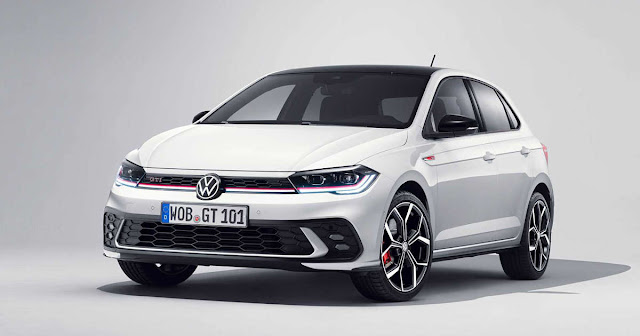‘Amicable solution’ to Euro 7 would secure future of Volkswagen Polo
As the world moves towards greener, more sustainable transportation, automakers are facing increasingly stringent emissions standards. The latest regulation is Euro 7, which is set to come into effect in 2025. While the new standards are designed to reduce harmful emissions and improve air quality, they are also causing concern among automakers, who fear that they will be unable to meet the requirements. In particular, there are concerns that the Volkswagen Polo may not be able to meet the Euro 7 standards, which could jeopardize the future of this popular model. However, an amicable solution could be the key to securing the future of the Volkswagen Polo.
The Volkswagen Polo is one of the most popular cars in Europe, and it has been a key part of Volkswagen's lineup for decades. The Polo has always been known for its reliability, affordability, and fuel efficiency. However, with the introduction of Euro 7, there are concerns that the Polo may not be able to meet the stricter emissions standards. This could be a major blow to Volkswagen, as the Polo is one of their best-selling models.
The Euro 7 emissions standards are designed to reduce harmful emissions from cars and improve air quality. The new standards are expected to be much stricter than the current Euro 6 standards, and they will require automakers to reduce emissions of nitrogen oxides (NOx) and particulate matter (PM) even further. While the new standards are necessary to protect public health and the environment, they are also causing concern among automakers, who fear that they may not be able to meet the requirements.
To ensure the future of the Volkswagen Polo, an amicable solution could be the key. This would involve Volkswagen working closely with regulators to find a solution that meets the new emissions standards while also ensuring that the Polo remains an affordable and reliable option for consumers. This could involve developing new technology or refining existing technology to reduce emissions without compromising performance or fuel efficiency.
Volkswagen has already taken steps to reduce emissions in their vehicles. For example, they have introduced a range of hybrid and electric vehicles, which produce zero emissions. They have also developed new diesel engines that are cleaner and more efficient than older diesel engines. However, there is still work to be done to ensure that the Polo meets the Euro 7 standards.
An amicable solution would benefit everyone involved. It would allow Volkswagen to continue producing the Polo, which is an important part of their lineup. It would also ensure that consumers have access to an affordable and reliable car that meets the latest emissions standards. Finally, it would help to improve air quality and protect public health by reducing harmful emissions from cars.
In conclusion, the introduction of Euro 7 has caused concern among automakers, who fear that they may not be able to meet the stricter emissions standards. However, an amicable solution could be the key to securing the future of the Volkswagen Polo. By working closely with regulators to develop new technology or refine existing technology, Volkswagen can ensure that the Polo meets the new emissions standards while also remaining an affordable and reliable option for consumers. This would benefit everyone involved, and it would help to improve air quality and protect public health by reducing harmful emissions from cars.

0 Response to "‘Amicable solution’ to Euro 7 would secure future of Volkswagen Polo"
Post a Comment